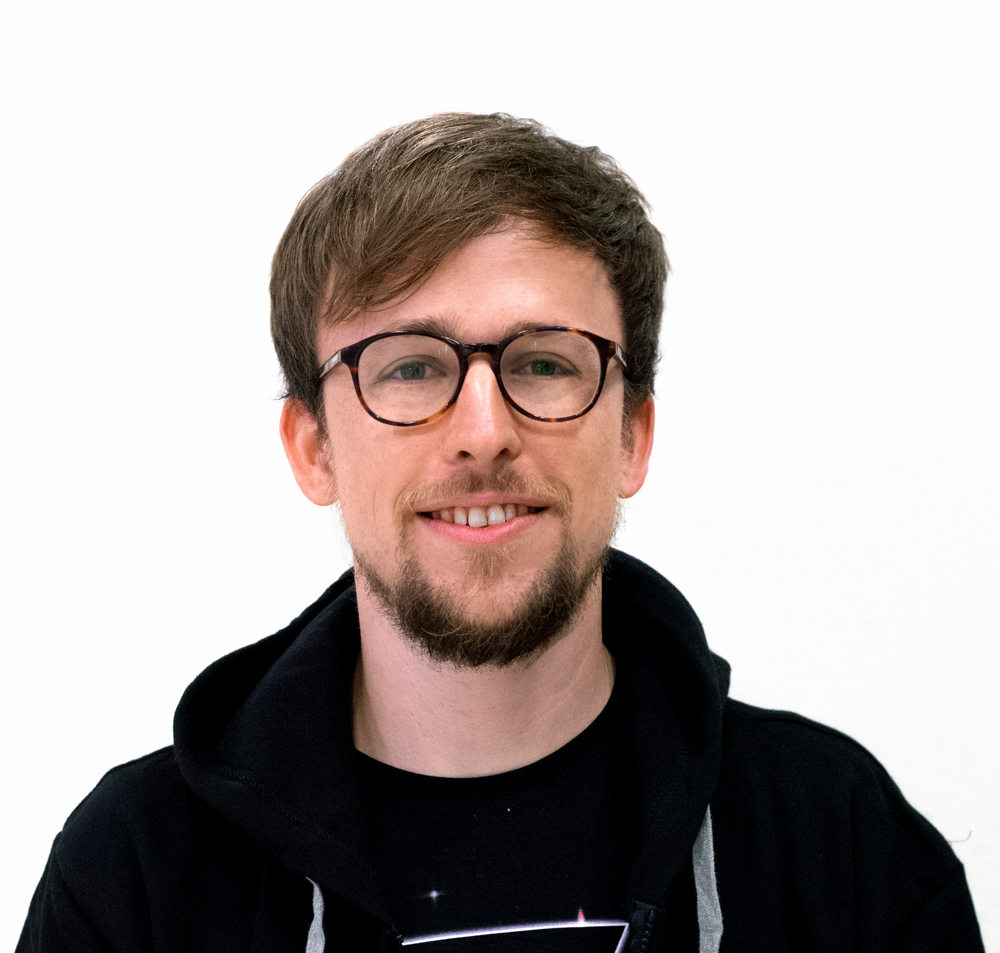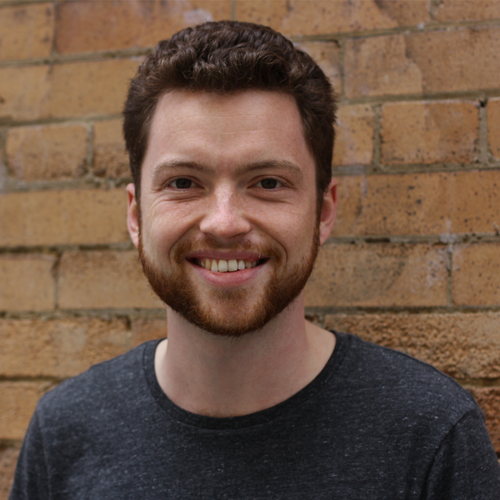Case Study - From Treev to Rasa
Hatching and shutting down Treev
Treev was a productivity plugin Alex and Alan worked on when we met them at TechStars. Their initial view on product-market fit was that "Treev, similar to Dropbox, is for everyone." Together we did a user cohort analysis which identified 4 distinct user types and +10 user jobs. We then engaged in structured PMF process with over 200 user interviews across over 2 months. The results were:
- A deep understanding that there was no market for Treev
- A founder team with a skill set and speed to iterate on future PMF
Hatching prototypes, learning and shutting them down
Once Alex & Alan shut treev down they embarked on a cycle of prototyping various ideas, getting quick feedback and shutting them down again. One of the early prototypes which they built after we gave them so some friendly client data was a "databot". Our prototype was a simple version similar to what statsbot does these days - a conversational interface that allowed people to query databases without any SQL knowledge.


Databot was interesting, but databot on this specific data set was clearly not a company, just a feature. Together we went on to run other PMF test and ship databot to coffee shops and small business owner. In this data set the PMF was higher, we quickly saw paying clients. Nevertheless, databot for this market segment still was not a company.
However, quickly we learnt that building these bots was tough and their capability was very limited. We started to look into these tools.
Early theses on conversational AI & towards Rasa
Alex & Alan looked into multiple conversational methods and tools. As FB launched their bot platform bot hype was all around us. The world was in midst of it as they launched the Bot & AI meetup in Berlin. However, despite the hype one of theses was that conversational AI is early. SV also looked into competition in the space, eg by stalking people on arXive for months. SV was surprised to learn that in many verticals the competition in applied AI is low. This was enough to write Rasa a €50k check before Rasa launched their Rasa NLU framework as open source.
Alex & Alan on their SV experiences


Alexander Weidauer, Co-Founder & CEO, RASA
"Early on SV helped us to demystify the concept of product-market-fit, iterate much quicker and get and assess feedback to our high-tech prototypes. Today, two years into running a "deep tech" startup, I see that this is very rare. There's tons of public know-how and angels for operational startups, not that much for high-tech ones. Most of my peers don't understand how valuable frequent and quick feedback is when you try to apply "deep" technologies. Before we met Matthaus, we didn't think of our users as different cohorts of people with different needs and different problems. In one of our first sessions, we setup a well structured cohort spreadsheet that allowed us to better understand why certain people used our product and why others didn't. Together, we developed new assumptions, tested them with different cohorts (e.g. product managers) and iterated every week on that. Matthaus went through this process three times with us before we started what became RASA and we shipped RASA NLU. Matthaus has been building products for "emerging" technologies and markets for over 7 years. This means, for example, that when we aimed to build and launch an open-source NLP tool vis-a-vis the big platforms, he was there for us to discuss and implement tactics - because he had done similar things before. On top of his toolbox, he gave us access to data, customers, people from his network that help us set up operations and other resources like grants that are super important as an early stage company. After meeting so many startup people through Techstars, I can assure that Matthaus is very unique with his hands-on and no-bullshit attitude. Working with him genuinely challenges us every day to go the extra mile and results in better product and processes."
"In the engineering department at Cambridge I spent years collaborating with very good people in computational physics and machine learning, and checking results carefully became second nature. When you want to make a claim in science the evidence has to be really solid, so I would always check all my parameters were converged, test for artifacts in the data, compare to baselines, etc. SV taught me a leaner way to be data-driven that's key for startups. One of the most valuable things founders can do to improve is making their feedback loops faster. We now often go from idea to shipping code to customer feedback to making an important product decision within two weeks. I work on building deep learning models, often in uncharted territory, and this rhythm forces me to focus on improving the things that really matter and dropping 'nice-to-haves'. I have to be willing to make decisions with only 50% of the data I'd like to have. I just can't spend 6-9 months and hours of discussion with collaborators to come to a conclusion. I still test things systematically, but I've learned to do it fast and to see when 1-2 data points are enough to prove a point. SV is a constant sounding board in this process. Also, as a CTO I have to be careful where I invest resources, because I just don't have dozens of students to try every permutation. SV moved me very far ahead on this learning curve."


Alan Nichol, Co-Founder & CTO, RASA